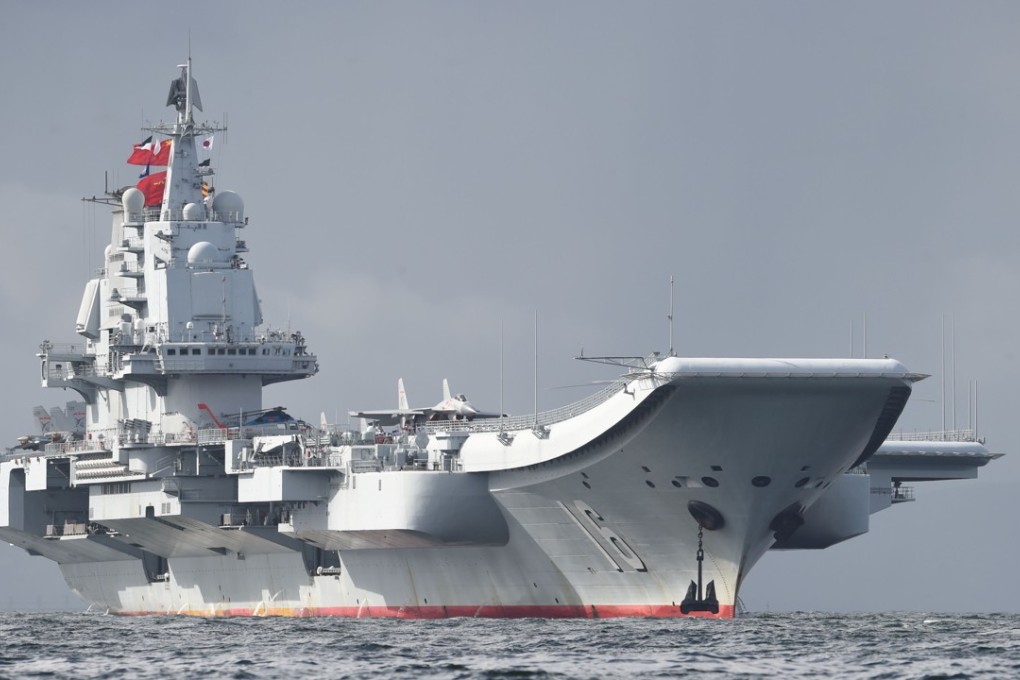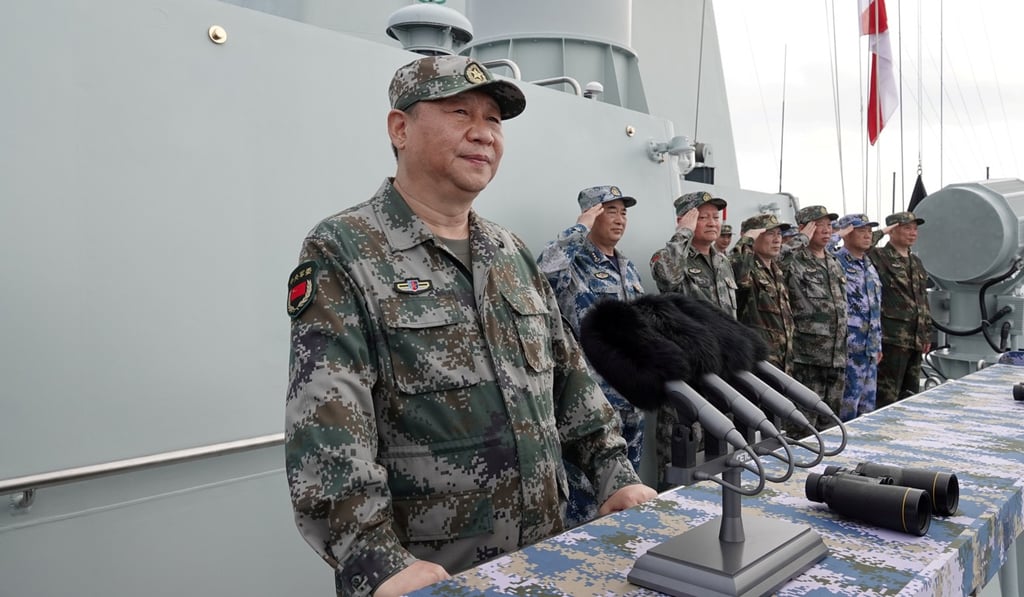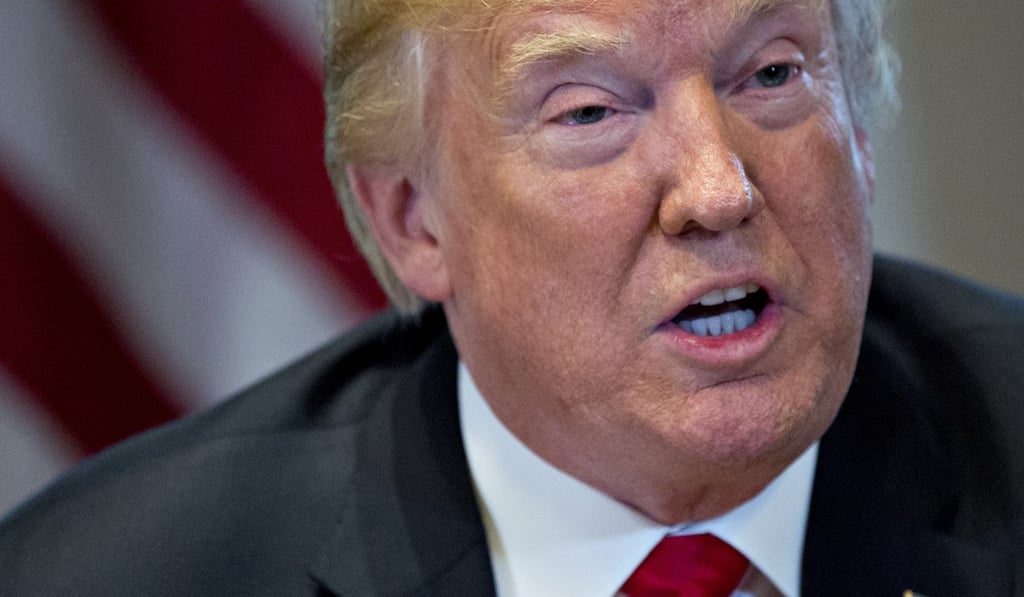Asian Angle | China’s strength is in making the West doubt the value of doubt
A grand psychological struggle is under way, in which China’s supreme confidence and unity under Xi Jinping is forcing the West to re-examine its assumption that self-criticism is a virtue


Are the US and China headed for war over Taiwan?
The problem for the West is that this is no cold war. In that era, at least it knew where the shadows were. There was a neat iron curtain, a line of demarcation. The Soviet Union was a more straightforward antagonist – one that clearly wanted a zero sum outcome. It got it in the end, but alas, as the defeated not the conqueror. China does not fit this template. There are no neat lines of demarcation. It operates in a capitalist mode, with a communist mentality. As a power that regards itself as exceptional, it does not want to win, not at least in the neat wars that America and its allies might like to imagine fighting. Its influence is subtle, subliminal, a shadow beneath even the shadows. It operates, so it is said, in the depths of the dark web and in the underbelly of the global system, supporting but also contesting it, playing to the rules of the game as set by entities like the World Trade Organisation, but incrementally and slowly changing them by making them almost irrelevant.

A nasty US-China fight is inevitable. But it needn’t be terminal
In the era of a grand psychological struggle, where most battles are virtual and in our minds rather than the physical world, we can look to the strategic thinking in Chinese texts – from the Warring States period two and a half millennia ago to the Han era that ended almost a thousand years later – to understand where we are. Everyone knows Sun Tzu and the much-translated Art of War. But there are many other works from the same era, some far darker. The stern legalist philosophy of Han Fei, for instance, with its strict injunctions to trust no one. Or the Secret Teachings of T’ai Kung with its primitive demands for complete revolution. Wei Liao-tzu’s eponymous work from the fourth century BC is striking though for its focus on two aspects of struggle in a time of crisis – the necessity of preserving and fortifying a nation’s chi or life force, and the need to win through finding, and then playing, on the doubts of your opponent.

